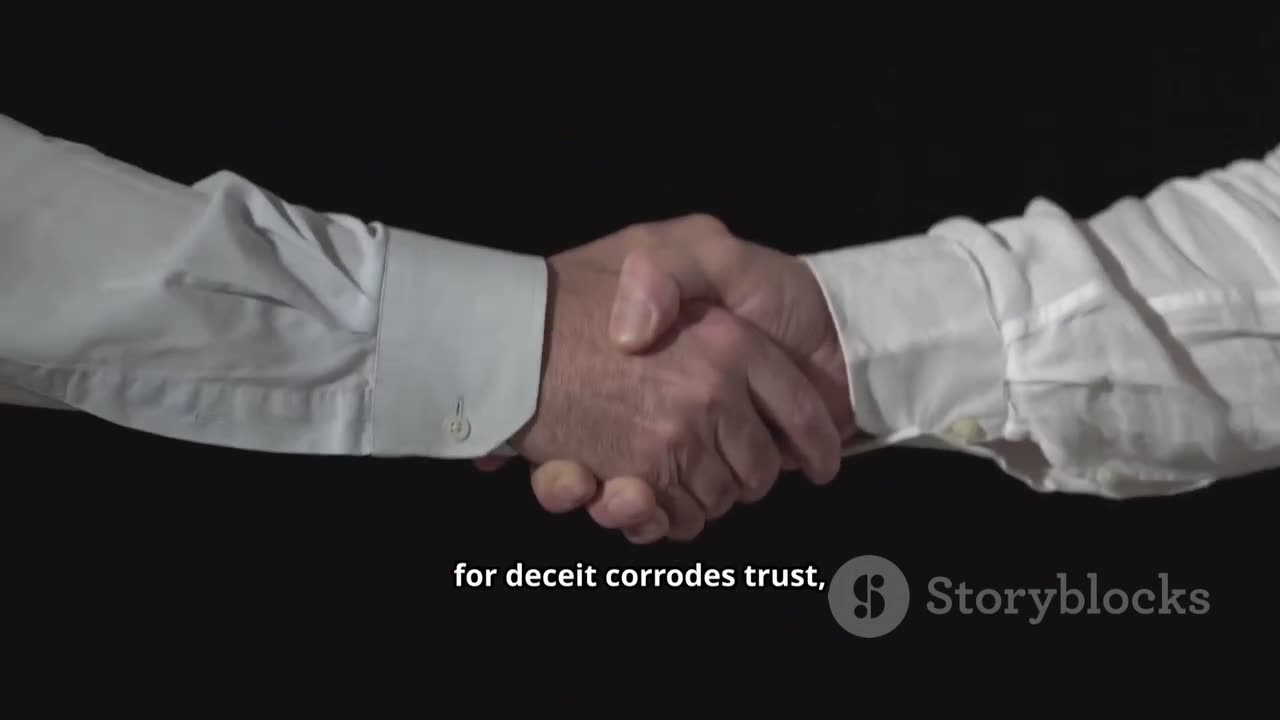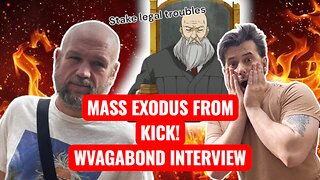Premium Only Content

Fool, or Fooled.
The Predicament of the Fool: Who Bears the Greater Blame?
The question, “Who is the fool? He who fools, or he who is fooled?” is a timeless riddle that cuts to the heart of human interaction, morality, and responsibility. Across history, societies have wrestled with the roles of deceiver and deceived, liar and believer, trickster and victim. The answer is not simple, for the predicament sits in the blurred line between human cunning and human vulnerability.
The Fool Who Fools
The one who sets out to deceive is armed with intention. Whether by lies, manipulation, or false charm, the deceiver seeks to distort reality to serve their own interests. From this perspective, the liar is the true fool: he builds castles on sand, thinking deceit will sustain him, when in truth lies erode trust and credibility. To fool is to underestimate both truth and human conscience, and history shows that deception, once exposed, often consumes the deceiver more than the deceived.
The Fool Who Is Fooled
Yet there is another angle. To be fooled is also, in some sense, to participate in the foolery. The deceived may lack vigilance, critical thought, or skepticism. The willingness to believe without question has consequences. To some philosophers, the fooled is the bigger fool, for they have surrendered their own discernment and handed power to the trickster. But this view risks cruelty, for it blames the victim of deceit for the crime committed against them.
Shared Responsibility
Perhaps the truer answer lies in recognizing the shared roles both parties play. Deception requires two elements: the lie and the acceptance of the lie. Without the deceiver, there is nothing to believe falsely. Without the believer, the lie collapses under its own emptiness. It is a dance of manipulation and credulity. The more skilled the liar, the less blame lies on the one deceived. The more obvious the deception, the more responsibility the deceived has for not seeing it.
Who Must Be Punished?
Justice demands we ask not simply who is the fool, but who bears the greater moral weight. It is natural to punish the liar, for deceit corrodes trust, damages communities, and manipulates innocence. Yet there is also a punishment built into being fooled: humiliation, loss, regret. The fooled punishes themselves through consequence, whether financial, emotional, or reputational. External punishment, then, belongs rightly to the deceiver; internal punishment falls inevitably upon the deceived.
Conclusion: The Eternal Predicament
So who is the fool? Both. He who fools lives a lie and sows distrust, and he who is fooled suffers the wound of misplaced trust. Who is to blame? Primarily the deceiver, for deceit is an active choice, but also the deceived, if willful blindness enabled the trick. Who must be punished? Those who lie deserve society’s sanction; those who believe the lie must learn, painfully, through experience.
In the end, the predicament serves as a mirror of human frailty. We are all, at one point or another, both the fool who fools and the fool who is fooled. Perhaps wisdom comes not in choosing who to punish, but in choosing never to deceive—and never to stop questioning what we are told.
-
 LIVE
LIVE
SpartakusLIVE
3 hours ago#1 MACHINE Never Stops The GRIND || LAST Stream UNTIL Friday
17,344 watching -
 28:36
28:36
Afshin Rattansi's Going Underground
1 day agoDoug Bandow: ENORMOUS DAMAGE Done to US’ Reputation Over Gaza, Trump ‘Easily Manipulated’ by Israel
8.38K22 -
 2:45:13
2:45:13
Barry Cunningham
10 hours agoCBS CAUGHT AGAIN! CHICAGO A MESS! LISA COOK IS COOKED AND MORE LABOR DAY NEWS!
73.7K34 -
 LIVE
LIVE
StevieTLIVE
4 hours agoMASSIVE Warzone Wins on Labor Day w/ Spartakus
156 watching -
 LIVE
LIVE
Rallied
10 hours ago $0.54 earnedWarzone Challenges w/ Doc & Bob
2,187 watching -
 LIVE
LIVE
Joe Donuts Live
3 hours ago🟢 Lost in Space with My Clones: The Alters Adventure Begins
77 watching -
 7:20:22
7:20:22
Dr Disrespect
12 hours ago🔴LIVE - DR DISRESPECT - TRIPLE THREAT CHALLENGE - WINNING AT EVERYTHING
196K12 -
 2:35:33
2:35:33
Chrono
4 hours agoBirthday-eve Stream | Helldivers II
12.8K -
 54:40
54:40
BonginoReport
1 day agoLABOR DAY SPECIAL! The Best of Nightly Scroll - Nightly Scroll w/ Hayley Caronia (Ep.124)
107K13 -

Joker Effect
2 hours agoReviewing the downfall of Kick Streaming. Kick streamers welcome to Rumble! Stake bombshell found!
20.2K